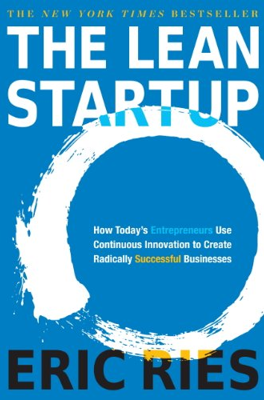Epilogue: Waste Not
Waste Not: Reflecting on the Lean Startup's Foundations and Future
This chapter revisits the foundational ideas behind Lean Startup from the perspective of the centennial anniversary of Frederick Winslow Taylor’s "The Principles of Scientific Management." Taylor's work launched a transformative approach to work efficiency, focusing on optimizing individual tasks for better productivity. This led to the era of systematic management, a precursor to the scientific methods used in modern management, which the Lean Startup methodology adopts and adapts.
The Lean Startup movement, inspired by lean manufacturing principles, aims to shift focus from individual efficiency to systemic effectiveness. It criticizes traditional management's focus on efficiency at the expense of adaptability and creativity, highlighting how modern work environments, though efficient, often lead to considerable waste through misguided projects. The chapter stresses the need for a new management paradigm that emphasizes validated learning and rigorous experimentation over mere intuition or extensive planning.
The Role of Scientific Rigor in Modern Entrepreneurship
Eric Ries critiques the lack of scientific rigor in managing entrepreneurship and innovation. He draws parallels between modern entrepreneurship management and pseudoscience, as both rely heavily on intuition without sufficient empirical validation. He advocates for Lean Startup principles which focus on creating systems that facilitate testing business hypotheses through hands-on experiments and customer feedback.
Future Directions for Entrepreneurial Research
The chapter suggests establishing startup testing labs to experiment with various product development methodologies under controlled conditions. This would allow the validation of different approaches to innovation, helping define the most efficient practices in real-world scenarios. Such research could lead to more effective entrepreneurial strategies, particularly in how teams are held accountable for validated learning.
Proposing the Long-Term Stock Exchange (LTSE)
Ries proposes a new stock exchange tailored to companies focused on long-term innovation rather than short-term financial metrics. The LTSE would encourage companies to invest in sustainable growth through continuous innovation, with regular reporting on internal entrepreneurship efforts through innovation accounting. This exchange aims to support organizations structured to foster long-term thinking and innovation.
Concluding Thoughts on the Lean Startup's Impact and Potential
The epilogue urges the Lean Startup movement to prevent rigidity in its practices and avoid becoming an ideology devoid of scientific backing. By shifting focus from mere efficiency to sustained innovation and adaptability, the Lean Startup model can help unlock significant human potential, fostering environments where learning and creativity lead to substantial advancements in productivity and innovation. The goal is for organizations to not only succeed in the market but to also contribute positively to societal progress.
